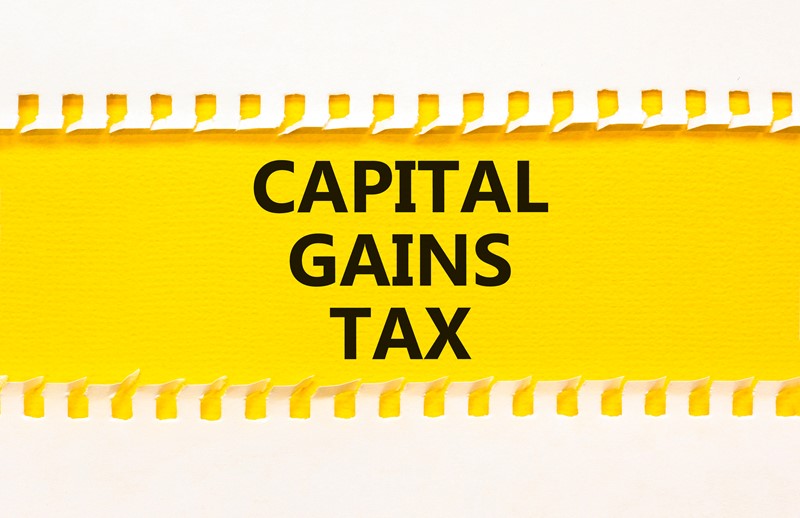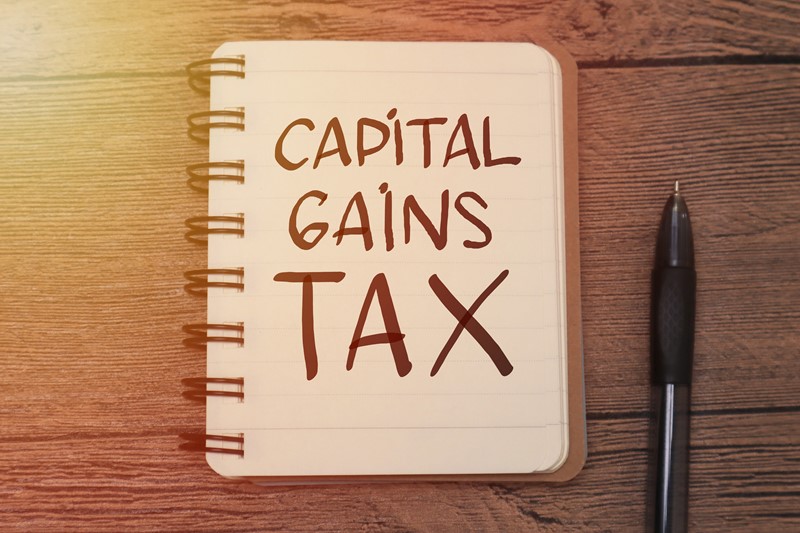
by | Nov 20, 2025 | Capital Gains Tax
A demerger involves splitting the trading activities of a single company or group into two or more independent entities. This can be facilitated by distributing the assets of a holding company to its shareholders. There are special statutory demerger provisions...

by | Oct 30, 2025 | Capital Gains Tax
If you are thinking about selling a business or shares, it is important to understand how Business Asset Disposal Relief works, particularly with rates set to increase from April 2026. Business Asset Disposal Relief (BADR) provides a valuable tax advantage, offering a...

by | Oct 23, 2025 | Capital Gains Tax
If you have sold a UK residential property since 6 April 2020, it is important to be aware that the reporting and payment deadlines for Capital Gains Tax have changed. For property sales completed on or after 27 October 2021, any Capital Gains Tax that becomes payable...

by | Oct 23, 2025 | Capital Gains Tax
If you have tenants in your home, it’s essential to understand the Capital Gains Tax (CGT) implications. Typically, there is no CGT on the sale of a property used as your main residence due to Private Residence Relief (PRR). However, if part of your home has...

by | Oct 16, 2025 | Capital Gains Tax
Business Asset Disposal Relief (BADR) offers a significant tax benefit by reducing the rate of Capital Gains Tax (CGT) on the sale of a business, shares in a trading company or an individual’s interest in a trading partnership. On 6 April 2025, the BADR CGT rate...

by | Oct 2, 2025 | Capital Gains Tax
Business Asset Disposal Relief (BADR) still offers a valuable tax break, but the CGT rate has risen to 14% from April 2025 and will increase again to 18% in April 2026. BADR provides a valuable tax advantage by offering a reduced rate of Capital Gains Tax (CGT)...









 Client Portal
Client Portal